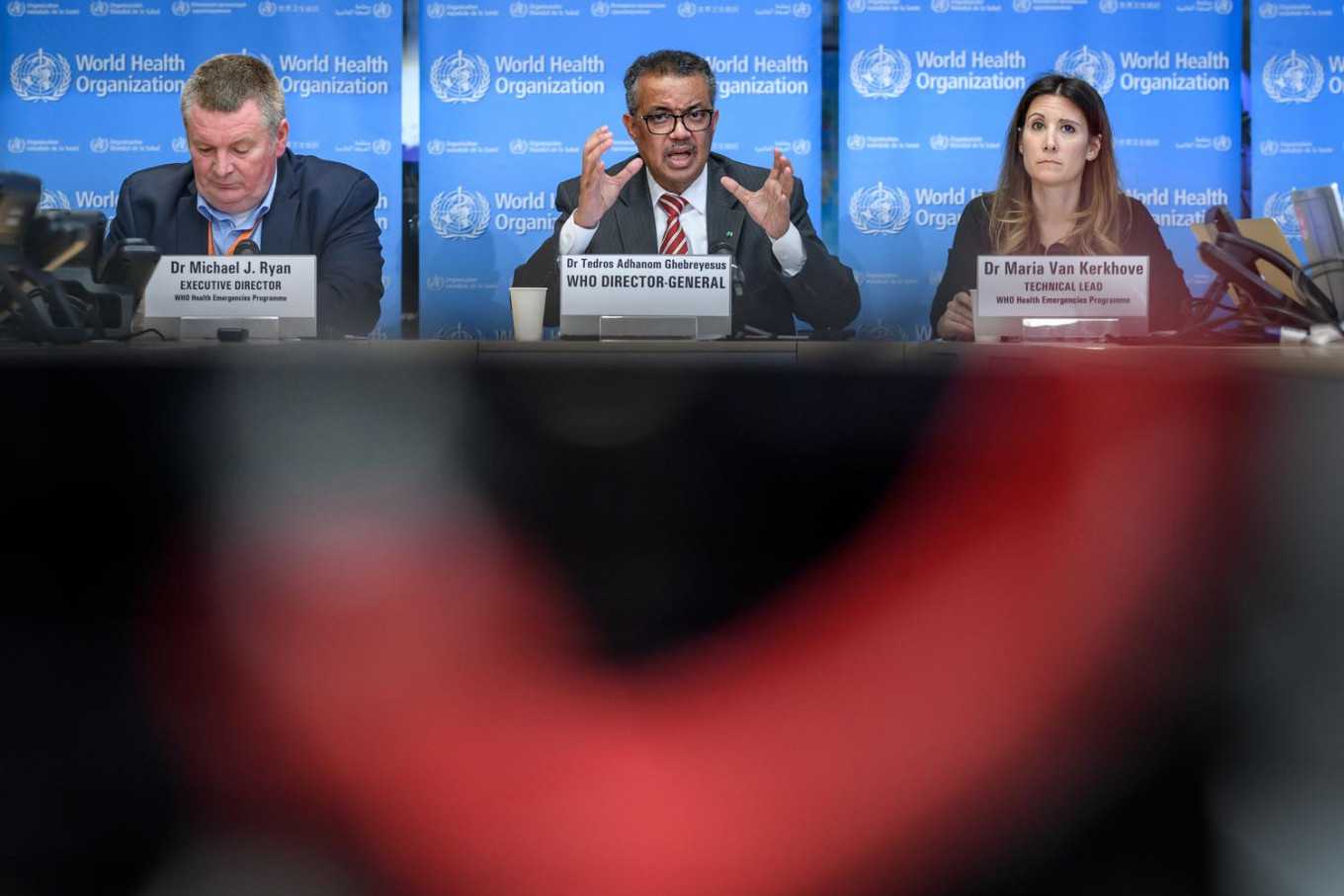WHO demands 'aggressive methods' against COVID-19 amid surge found in South-East Asia region
18 March, 2020

The World Health Company (WHO) has called on member states in the South-East Asia region to urgently take “aggressive measures” to combat COVID-19 because of the significant spike in the number of cases in the region.
“The situation is evolving rapidly. We must immediately level up all work to prevent the virus from infecting more people,” stated WHO regional director for the South-East Asia place Poonam Khetrapal Singh in a affirmation on Tuesday.
The WHO’s South-East Asia region has 11 member states, namely Bangladesh, Bhutan, North Korea, India, Indonesia, the Maldives, Myanmar, Nepal, Sri Lanka, Thailand and Timor-Leste.
Eight of the 11 countries in your community have confirmed conditions of COVID-19, with 172 cases found in Indonesia, 147 found in Thailand, 137 found in India, 29 found in Sri Lanka, 13 found in the Maldives, eight found in Bangladesh, one in Bhutan and one in Nepal by Tuesday. These numbers are increasing quickly.
“Extra clusters of virus transmitting are being verified. While this is an indication of alertness and powerful surveillance, it also places the spotlight on the necessity for more aggressive and entire of societal work to prevent further pass on of COVID-19. We clearly need to do more, and urgently,” Singh explained.
Looking at the quantities, some countries are evidently heading toward community transmitting of COVID-19, the regional director stated, adding this will be prevented as preferred as possible. It had been essential to ensure continued efforts to detect, test, deal with, isolate and trace contacts as simple general public health measures were critical, he said.
The importance of side hygiene, covering coughs and sneezes and practicing social distancing cannot be emphasized enough, Singh added.
“This alone gets the potential to substantially reduce transmission.”
However, if community transmitting does set in, countries need to gear their responses toward slowing the rate of transmitting.
Emergency mechanisms must be scaled up. A network of well being establishments and hospitals for triage and surge ought to be activated to avoid overcrowding. Self-initiated isolation by persons with mild diseases is the most important community intervention to lessen the responsibility on the health system and reduce virus transmitting.
Testing of all suspected conditions and symptomatic contacts of probable and confirmed conditions is also necessary.
“We must be ready to react to the evolving circumstance with the purpose of stopping transmitting of COVID-19 at the initial to reduce the impact of the virus, which has gripped a lot more than 150 countries in a short span of time, causing substantive losses to the fitness of persons, societies, countries and economies. Urgent and aggressive methods are the need of the hour. We have to act nowadays,” Singh concluded.
In its daily report on Tuesday, the WHO reported that 179,112 cases have been confirmed globally, leading to 7,426 deaths.
The Western Pacific region has 91,779 confirmed cases with 289 fresh, the European region has 64,189 confirmed cases with 8,507 innovative, the South-East Asia region has 508 confirmed cases with 124 different and the Eastern Mediterranean region has 16,786 confirmed cases with 330 new.
Meanwhile, the Americas possess recorded 4,910 conditions with 2,234 new and the African area has 228 circumstances with 42 new.
Globally, the WHO assessed the risk situation level as “high” by Tuesday.
Meanwhile, early on Wednesday, realtime info from the Johns Hopkins University's Center for Devices Science and Engineering (CSSE) had recorded 198,004 confirmed COVID-19 instances, with 7948 deaths. Of the full total, 81,947 have recovered.
Source: www.thejakartapost.com
TAG(s):
